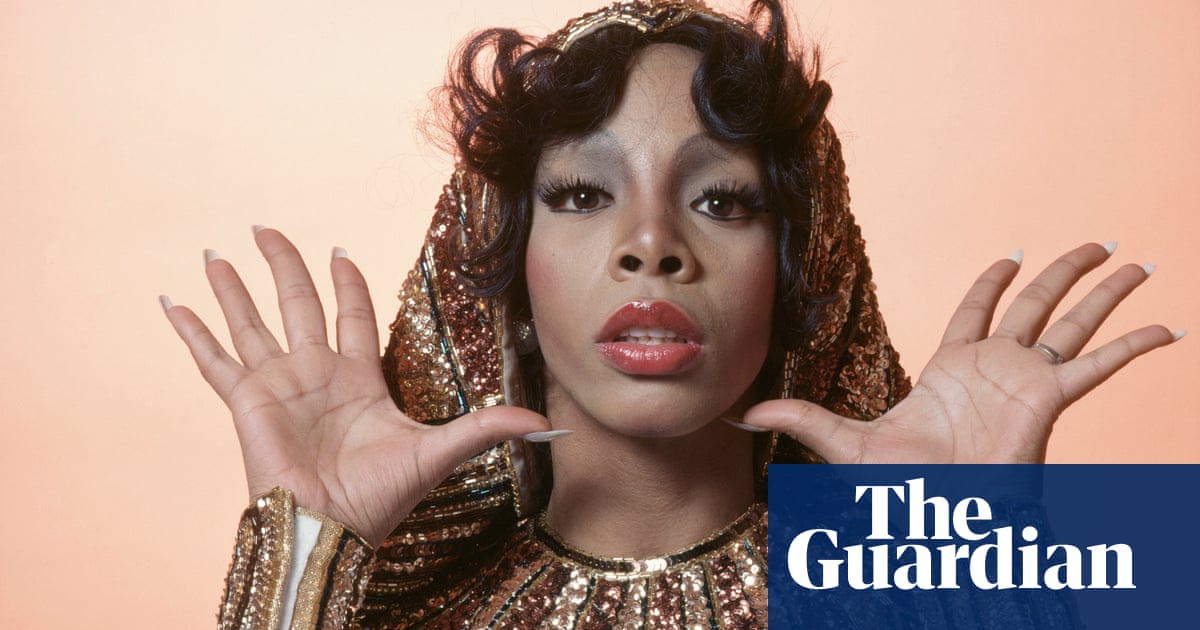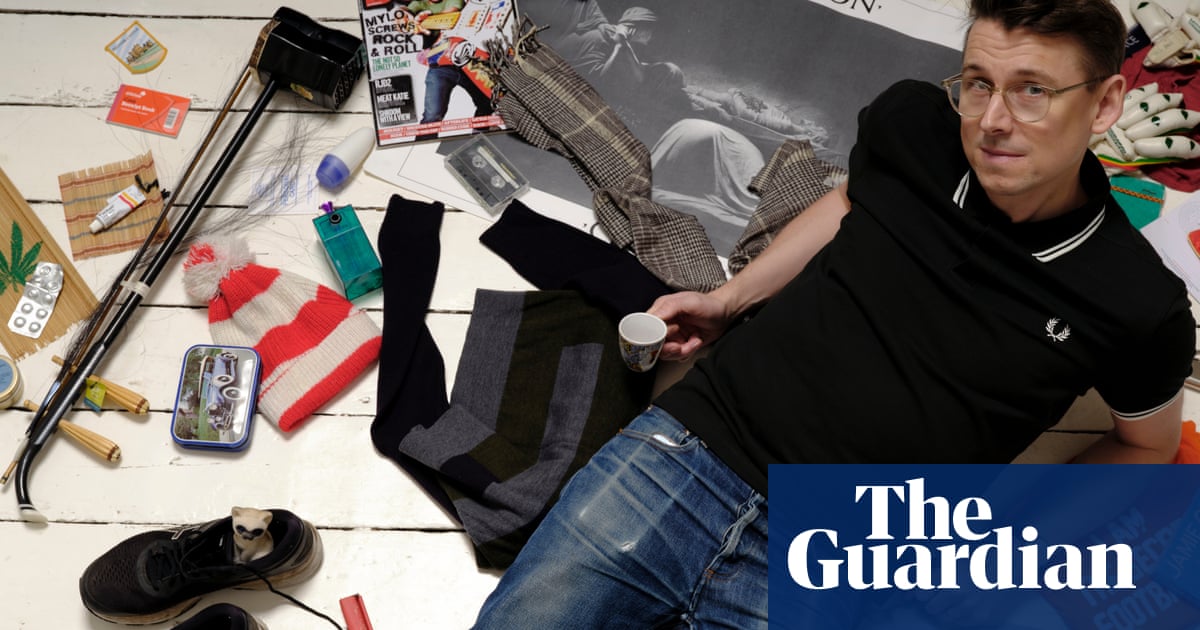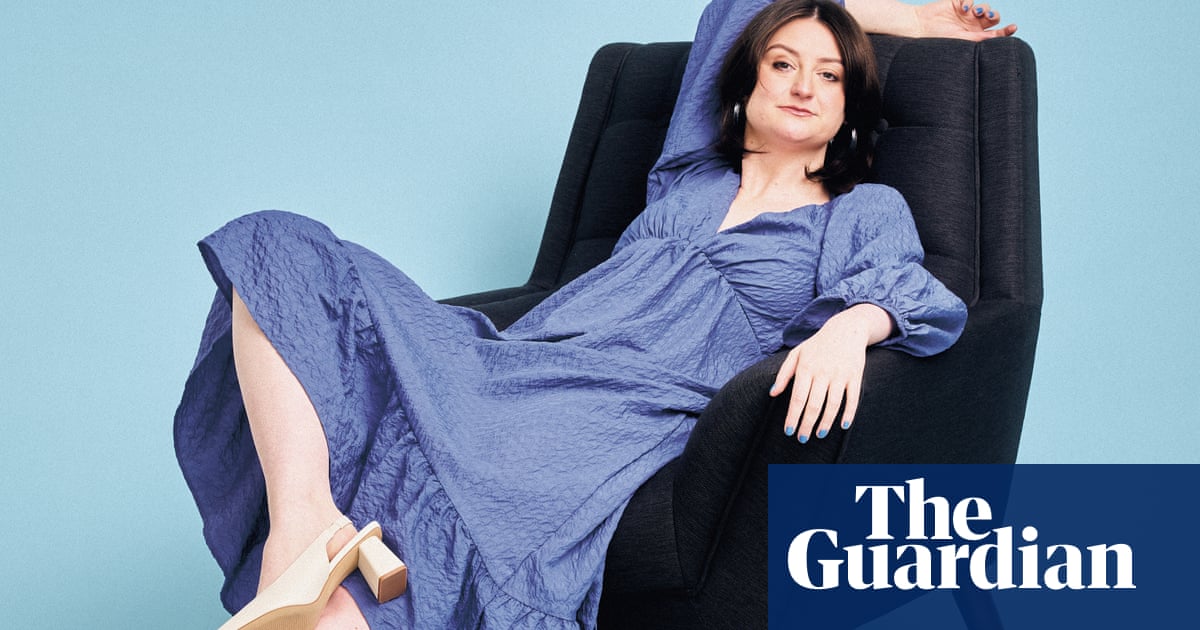
n 1968, I was 23 and looking for answers. I was living in Texas, working in textiles, smoking a lot of marijuana, and exploring things such as Zen Buddhism. I was stoned when my neighbour spoke to me about Scientology and it sounded interesting; space cadets and all that. I started taking some courses. I was looking at it from more of a philosophical view but as you get into it, you become hooked.
I was married, but my wife was smarter than me and didn’t care for Scientology. We moved to San Francisco, and I regret this, but I soon left her, thinking I was going to save the world. I joined the Sea Org in Los Angeles – an organisation within the church comprised of its most dedicated members. Following investigations by government agencies in the US, L Ron Hubbard bought a fleet of ships and moved operations offshore. The Sea Org was asked to crew them, so I went with my new wife, a Scientologist.
When we arrived, we expected something incredible but it was a rusty tugboat – a troop carrier from the second world war. I thought: what the hell is this? But then you think, maybe there’s a reason; you start to justify things. As a married couple, we got a cabin, which was the size of a closet, but to us that was luxury. Others lived in a huge dorm with about 100 guys – it stank. People didn’t even have their own beds. One person would sleep in it during the day and another at night. You were so conditioned that this seemed normal. You had a bed, some food and you were saving the world.
I had lots of jobs on the ship, everything from working in mission control to scrubbing the deck. We sailed across the Mediterranean a lot, looking for potential places to settle. In 1973, we docked in Madeira around Christmas; the local mayor asked if there were any musicians on board to play in the town square.
I had brought my saxophone, so I turned up. We threw a short set together and were asked to return on New Year’s Eve. A band was born. We called ourselves the Apollo Stars and I became the head of the troupe. We had some amazing players. Billy Potter had played with Big Mama Thornton. Luten Taylor, on bass trombone, had played on the original Mission: Impossible theme. I was pure avant garde – my idols were John Coltrane and Ornette Coleman.
The Apollo Stars were an incredible show band; we could play to 10,000 people and receive standing ovations all over Europe. We would play open-air gigs for free, so people turned out. We had roadies, dancers, a PR team; we were playing almost nightly. We made a record called Power Of Source, but it was a terrible album. Hubbard had got heavily involved with the band, spending hours with us each day. I was scared shitless the first day I met him, because I thought that he could read minds.
He’s credited as the producer on our album and he recorded it, but he didn’t know what he was doing: it was all for his ego. The more I got to know him, the more I questioned things, but it was like a form of hypnosis so you rationalised his megalomania and narcissism. He was all fluff. But we bought into it.
Being in the band made us feel as if we were the chosen ones. We left our 16-hour day menial jobs to play music, and we were taken care of. We got up when we wanted, bought any equipment we wanted, and ate like kings instead of eating the terrible food on the ship. Other people on the ship loved us. The fact that we distracted Hubbard was more valuable than anything; people would get a break from his screaming and yelling.
The ship docked back in the US in 1975 and operations moved on land, so the band broke up. I left Scientology in 1976. I had been put into the Rehabilitation Project Force for members deemed to be underperforming or having evil thoughts against Scientology. I had an epiphany. There was a guard outside my room day and night, but I faked having explosive diarrhoea to get out of my room, grabbed my money and clothes, and jumped over the wall. I was lucky I woke up when I did.
• As told to Daniel Dylan Wray
Do you have an experience to share? Email experience@theguardian.com.












